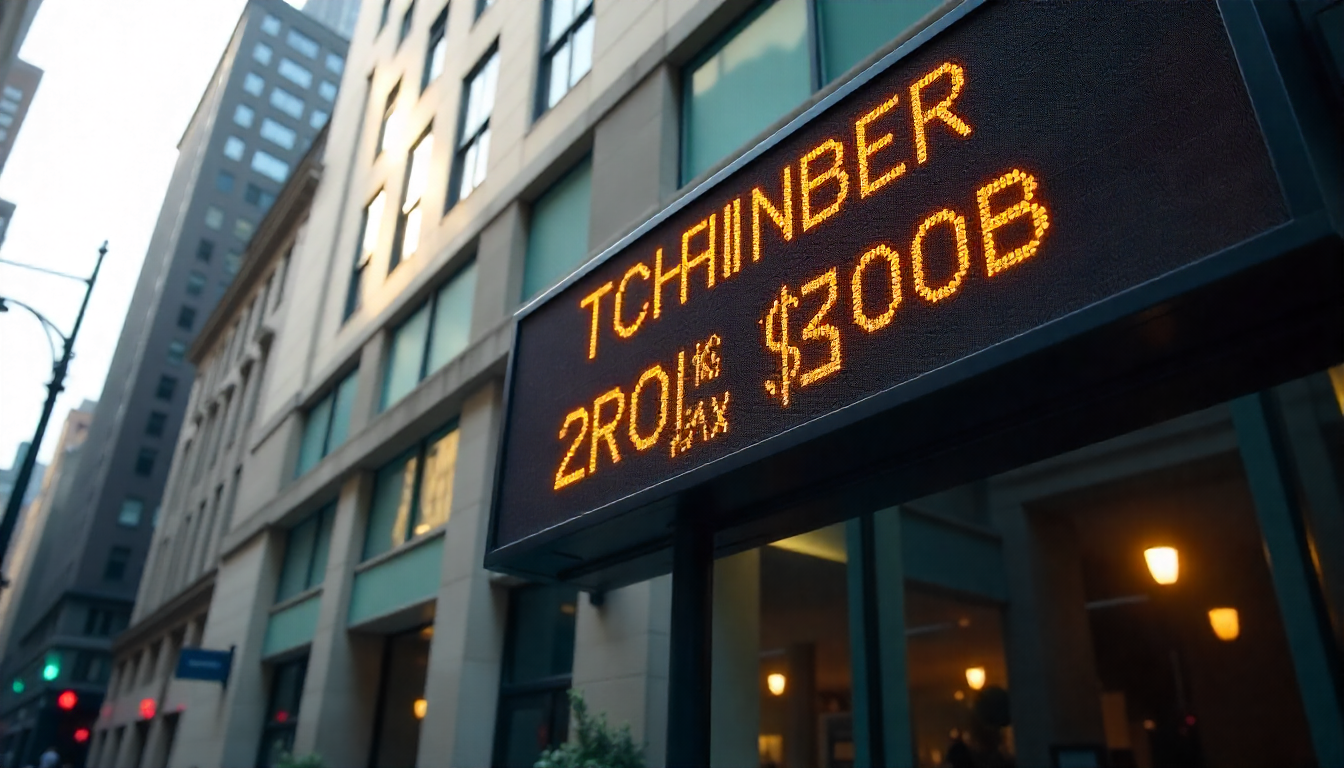In a volatile period for financial markets, concerns about rising yields on Japanese government bonds have become a new focal point, compounding the lingering effects of last week’s tariff-induced panic that rattled both traditional assets and Bitcoin (BTC).
The yield on Japan’s 30-year government bonds surged to 2.88% on Tuesday, reaching its highest level since 2004, marking a nearly 60 basis point increase in just one week. At the same time, the spread between the 30-year and five-year bonds, a measure of the premium investors are demanding for holding longer-term debt, has widened to levels not seen in nearly two decades. The 10-year yield has also seen a bounce of 30 basis points to 1.37%, although it still remains far below the recent high of 1.59%.
These shifts in Japanese bond markets are triggering alarm bells for global investors. Japan has historically been a significant international creditor and holds a massive $1.079 trillion in U.S. Treasuries. For years, Japan’s low bond yields have played a stabilizing role in financial markets, helping to support risk-taking among global investors.
However, the rapid rise in Japanese long-term bond yields may encourage Japanese investors to repatriate capital, selling off international bonds and unwinding yen-funded carry trades. This would likely lead to increased volatility in U.S. Treasuries and could put upward pressure on the yen, creating additional risk aversion in global markets.
Garry Evans, Chief Strategist for Global Asset Allocation at BCA Research, warned that any shift in Japan’s massive international investment portfolio could create challenges for markets. “Japan holds the largest international investment position globally. If that capital starts coming back home, it could create headwinds for global markets,” he stated in an interview with CNBC.
Bitcoin, traditionally seen as a store of value and a hedge against financial instability, has exhibited relative resilience during the latest wave of market uncertainty. The cryptocurrency performed better than traditional equities, such as the Nasdaq and S&P 500, during the tariff-induced sell-off last week. However, it has been on a downward trajectory since early February, likely reflecting concerns over the ongoing trade war and the broader macroeconomic environment.
With rising Japanese bond yields threatening to destabilize global markets, and Bitcoin continuing to face downward pressure, investors will need to be cautious and stay alert to any shifts in market sentiment in the days ahead.
Share this content:




